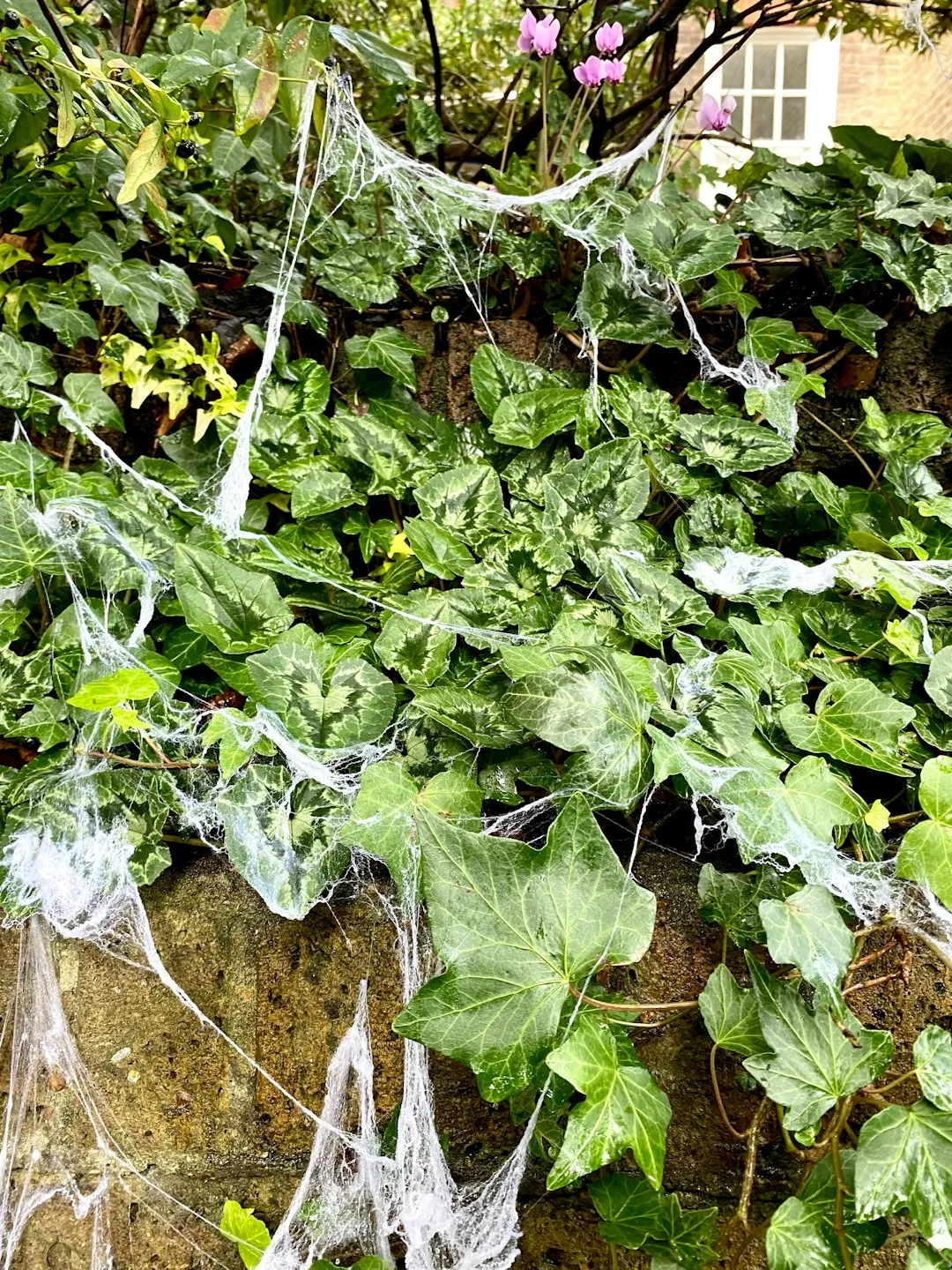The Secret Weapon in Your Fruit Bowl: Citrus Peels for Garden Pest Control

When it comes to gardening, pests can be a real headache. From aphids to slugs, these unwanted visitors can wreak havoc on your carefully tended plants. But what if there was a natural, easily accessible solution right in your kitchen? Enter citrus peels, a potential game - changer in the world of natural pest control.
Many gardeners have long believed that citrus peels can repel garden pests, but does this age - old wisdom hold up under scientific scrutiny? To find out, we turned to Dr. Emily Green, an entomologist and gardening expert.
Dr. Green explains that the essential oils found in citrus peels, such as limonene and linalool, have insect - repellent properties. These oils give citrus fruits their characteristic smell, which is pleasant to humans but offensive to many common garden pests. For example, ants are repelled by the strong scent of citrus. They rely on pheromone trails to navigate, and the powerful aroma of citrus can disrupt these trails, causing the ants to lose their way and avoid the area.
Slugs and snails are also deterred by citrus peels. The rough texture of the peels can be uncomfortable for their soft bodies, and the acidic nature of citrus can be harmful to them. Placing citrus peels around the base of your plants can create a natural barrier that slugs and snails are reluctant to cross.
But how can you use citrus peels effectively in your garden? Here are some tips:
1. Fresh Citrus Peels
One of the simplest ways to use citrus peels is to place fresh peels directly around the plants you want to protect. Orange, lemon, and grapefruit peels are all effective. Just make sure to break the peels into smaller pieces so that the scent is more easily released. You can scatter the pieces around the base of the plant or create a perimeter around your garden beds.
2. Citrus Peel Spray
You can also make a citrus peel spray. To do this, collect a handful of citrus peels and place them in a pot of water. Bring the water to a boil and then let it simmer for about 15 - 20 minutes. This will extract the essential oils from the peels. Once the mixture has cooled, strain it into a spray bottle. You can then spray this natural insecticide on your plants, focusing on the areas where pests are most likely to appear, such as the undersides of leaves.
3. Compost with Citrus Peels
Adding citrus peels to your compost pile can have multiple benefits. As the peels decompose, they release their insect - repellent properties into the compost. When you use this compost in your garden, it can help keep pests away from your plants. However, it's important not to add too many citrus peels at once, as they can make the compost too acidic. A good rule of thumb is to add citrus peels in moderation, along with other organic materials.
It's important to note that while citrus peels can be an effective natural pest control method, they may not completely eliminate all pests. In some cases, a combination of different pest control strategies may be necessary. For example, if you have a severe aphid infestation, you may also need to introduce beneficial insects like ladybugs, which are natural predators of aphids.
Another thing to keep in mind is that some plants may be sensitive to the acidic nature of citrus. Before using citrus peels around a particular plant, it's a good idea to do a small test on a few leaves to make sure there are no adverse effects.
In conclusion, citrus peels can be a valuable tool in your natural pest control arsenal. They are a sustainable, cost - effective, and environmentally friendly way to protect your garden from pests. By following the tips provided by experts like Dr. Green, you can make the most of this natural solution and enjoy a pest - free garden.
So, the next time you're enjoying a glass of orange juice or a lemonade, don't throw away the peels. Instead, put them to work in your garden and see the difference they can make.